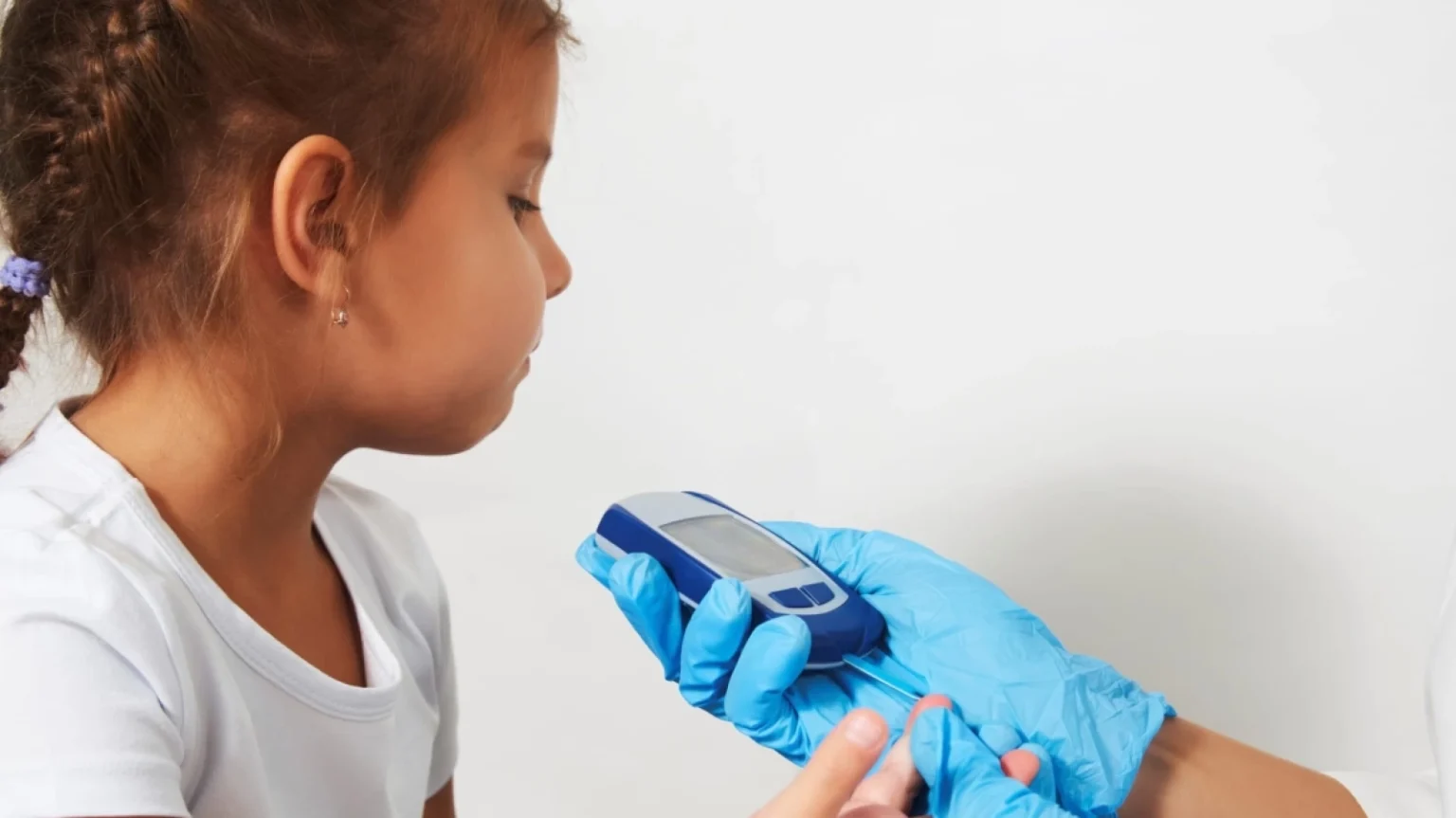Doctors in the UAE are voicing concerns about the increasing number of children diagnosed with pediatric diabetes. This rise is closely tied to childhood obesity and hypertension, both of which are becoming more common as unhealthy eating habits and sedentary lifestyles take root.
Reports show that over 24,000 children in the UAE currently live with Type 1 diabetes.
Ahead of World Diabetes Day on November 14, experts are stressing the urgent need to address the factors contributing to this health crisis. High-sugar diets, fast food, and lack of physical activity are leading to these alarming rates of diabetes, especially Type 2 diabetes, which places added strain on children’s hearts and blood vessels.
Dr. Osama Elsayed Rezk Elassy, consultant and head of the pediatric division at Thumbay University Hospital, highlighted the link between obesity and diabetes. He explained, “Children who are overweight or obese face a much higher risk of developing Type 2 diabetes, which can cause their blood vessels to stiffen, leading to hypertension as their heart works harder.”
He added, “When a child’s body develops insulin resistance, commonly linked to obesity, it impacts blood vessel flexibility, raising the risk of high blood pressure.”
Understanding Diabetes in Children
Medical professionals explained that Type 1 diabetes occurs when the immune system destroys insulin-producing cells, while Type 2 diabetes develops gradually as the pancreas produces less insulin and the body resists it. Recognising early symptoms like excessive thirst and sudden weight loss is key, along with understanding treatment options such as insulin therapy and lifestyle changes.
Dr. Amjad Mouhammad Haider, consultant pediatrician at International Modern Hospital Dubai, said, “The increase in pediatric diabetes is a serious concern in the UAE, largely due to unhealthy dietary habits and inactivity. Lifestyle changes are essential to curb this trend.”
He pointed out that while genetic factors may contribute, improving diets, increasing physical activity, and reducing sugar consumption are vital steps.
Prevention is Key
Dr. Kirthika Jeyaraman, consultant in endocrinology at Medcare Royal Speciality Hospital, emphasised prevention. “Encouraging children to eat more vegetables, whole grains, and lean proteins while staying active is critical,” she said. Limiting screen time and promoting outdoor activities can also make a big difference.
She suggested regular screenings for blood sugar and blood pressure in children, especially those with a family history of diabetes or obesity. “Offering school-based screenings can help detect and manage these conditions early, making it easier for families to take action,” she added.
Doctors agree that early intervention and preventive measures are the best ways to tackle the rising cases of pediatric diabetes in the UAE.





